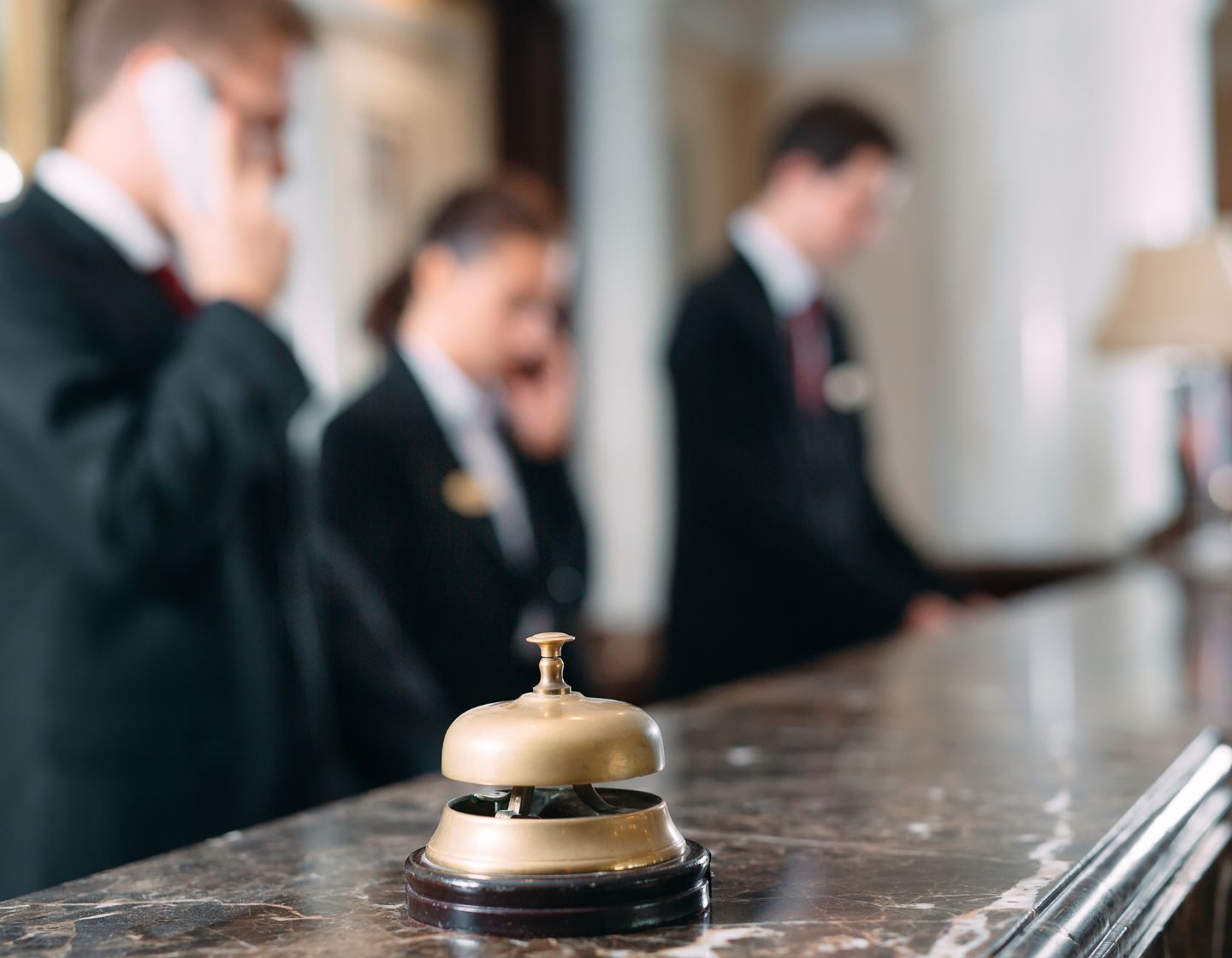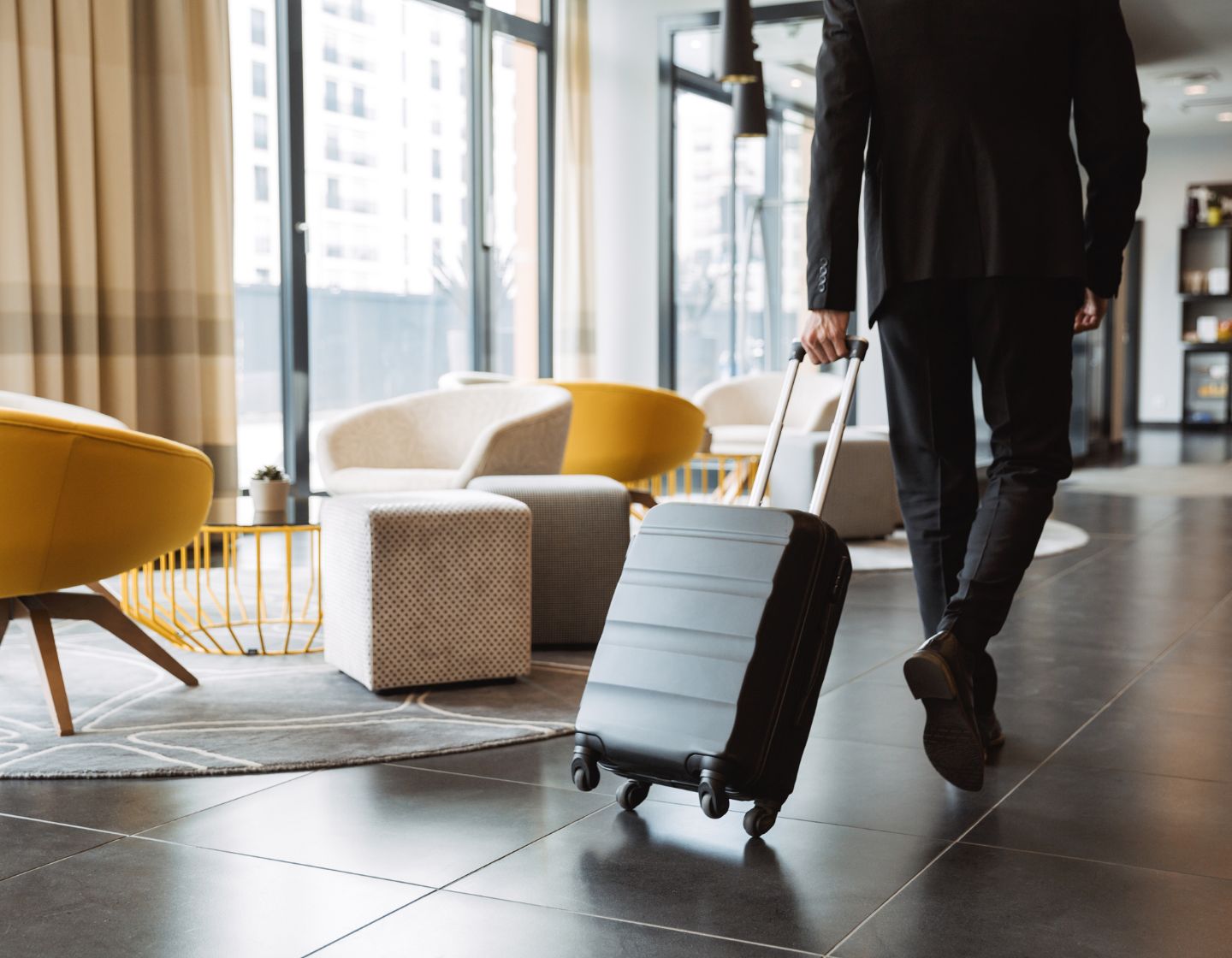How the hospitality sector can battle back against the energy crisis
Energy costs in the hospitality sector have reached record highs and many businesses fear that the worst is yet to come.
Hotels in the UK have seen energy prices doubling over the past four years with the pain particularly felt in the past 12 months. Hospitality has been the worst-hit sector in the UK, with 29% of businesses having to raise prices.
In March a joint poll by UKHospitality, the British Institute of Housekeeping, The British Beer and Pub Association and Hospitality Ulster found 76% of hospitality businesses were mitigating soaring energy costs by reducing their usage and raising prices, while over a third (38%) had cut trading hours.
For the sector, and the whole economy, the upward trend in energy prices continues. Day-ahead gas price reached a three-month high of 272.5p a therm, up 17.9% in early July. Gas for delivery prices for August rose 7% at 302p a therm.
In the longer term, expansion of Liquefied Natural Gas (LNG) supplies might cool the market rises but there are mid-term pressures, not least the Fifth Carbon Budget (2028-2032) which targets a very demanding 57% reduction in emissions from 1990 levels.

Energy price pressures
The energy sector accounts for about a fifth of the UK’s total emissions so the response from the sector in the coming years will have a great impact on commercial energy bills.
The Sustainable Hospitality Alliance advises that hotels need to reduce carbon emissions by 66% per room by 2030 and by 90% per room by 2050. The wider hospitality sector will have similar pressures.
SaveMoneyCutCarbon was founded ten years ago with the knowledge that the era of “cheap-as-chips” energy provided by cheap oil, coal and nuclear was coming to an end. Its Carbon Mentors work with companies to develop sustainable strategies that drastically reduce energy costs and cut carbon emissions at the same time, while strengthening Environmental, Social and Governance (ESG) credentials.
Sustainability projects in the hospitality sector have to focus on more than simply being green – better for the planet. While that’s now essential for any company, there has to be a sound business case, with any investment in energy and water-saving projects delivering a rapid return on investment.
One good example of success in the sector is Radisson Hotels. SaveMoneyCutCarbon has worked with the internationally respected brand since 2013, helping to deliver millions of pounds in energy and water savings in hotel properties across the UK.
Two projects highlight what can be achieved in terms of reducing costs in a sustainable way. Radisson Blu Manchester cut lighting costs by £38,500 a year with full LED retrofit front and back of house with rapid ROI, improved lighting levels and reduced carbon footprint.
Savings snapshot:
- Front of house ROI – 2.46 years
- Energy savings p.a. – £29,928
- Carbon footprint reduction – 62.8%
- Back of house ROI – 4.26 years
- Energy savings p.a. – £8,554
- Carbon footprint reduction – 58.1%
- Reduced maintenance cost.
The hotel was keen to see a solid business case that would raise profitability and cut carbon footprint, provided by SaveMoneyCutCarbon. The comprehensive survey identified the scope and complexity of the project together with the lamp types, render and existing wattages as well as on/burn times and thermodynamics.
The SaveMoneyCutCarbon team upgraded lighting in all areas, including meeting rooms, stairwells, reception, back of house, and the exterior. In total the team upgraded more than 1260 panels, tubes, 2D and downlights.
Similarly, Radisson Blu Stansted has benefited from an LED upgrade, cutting lighting costs by 76%.
Savings snapshot:
- 2.8 years ROI
- 76% reduction in energy use
- 76% cut in CO2 emissions
- Reduced maintenance costs
For this project, SaveMoneyCutCarbon carried out a full lighting survey of meetings and events areas, focusing on the largest room, the Essex Suite, bars and breakout sections to identify the types of luminaires, number of lamps and render as well as existing wattages, on/burn times, and lighting thermodynamics.
Full control over dimming was also essential to provide the hotel with a full range of lighting options for a range of events, from business conferences to weddings. The SaveMoneyCutCarbon team worked closely with the hotel General Manager and Chief Engineer to minimise disruption, retrofitting the 340 LEDs on schedule and within budget.
SaveMoneyCutCarbon works with a wide range of businesses, delivering projects that over the past decade have saved companies millions of pounds. It has a proven track record of over 1,000 audits and energy reduction projects completed. See the Projects page showcasing how it has helped companies slash bills and cut carbon

Top 3 savers for hospitality:
LED – Lighting is the key element for the hospitality sector as it develops sustainability strategies with a focus on the excellent results from LED lighting installation together with smart controls that optimise use of lighting and electricity consumed.
EV – The sector will reduce costs through the migration of company vehicles to electric allied to the development of new revenue streams from electric vehicle (EV) charging as a service. Destination charging growth will be fuelled by more rapid adoption of EV nationally and can provide a valuable source of income for the industry.
The government ban on sales of new petrol and diesel vehicles from 2030 and the EV tide seems unstoppable. What’s more, lifetime ownership costs of EV are now lower than for internal combustion engine models.
Solar – Companies can ally the move to EV with the installation of solar panels to fuel vehicles and help to defray electricity costs. Self-generated energy is increasingly important as a means of reducing costs and as the price of electricity will continue to rise, cheap sustainable power sources will be a crucial part of the net zero mix.
5 ESG tips for hospitality:
- Fully develop an energy-efficient operation, maximising technology and automation, and improve waste management, with staff behavioural change.
- Collect data: identify the most effective ways to measure impacts of development and guests. Define and embed key performance indicators (KPIs) and sector benchmarks.
- Hospitality companies should view ESG as a transformation project that produces radical, responsible differences. This means developing a strategy that engages with every level of business.
- Develop and promote diversity, tackle economic inequality and root out discrimination.
- Maximise certifications like Green Key, Green Globe and Earth Check to drive energy and water reductions, while cutting carbon.
SaveMoneyCutCarbon is proud to be a Member Rewards partner with ICAEW, supporting members to reduce business energy costs and delivering ESG agendas. Any company of any size can book a free call with an Energy & Carbon Mentor. During the 30-minute Zoom consultation they will assess main business drivers, answer questions and share recommendations to help the business save money and cut carbon. Book a call here.


